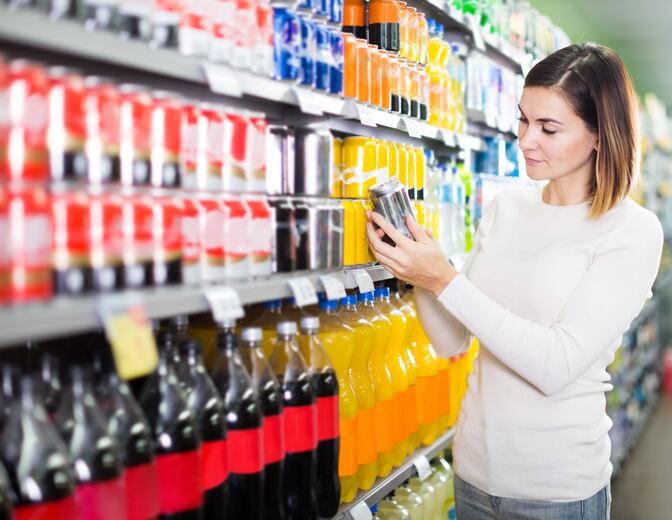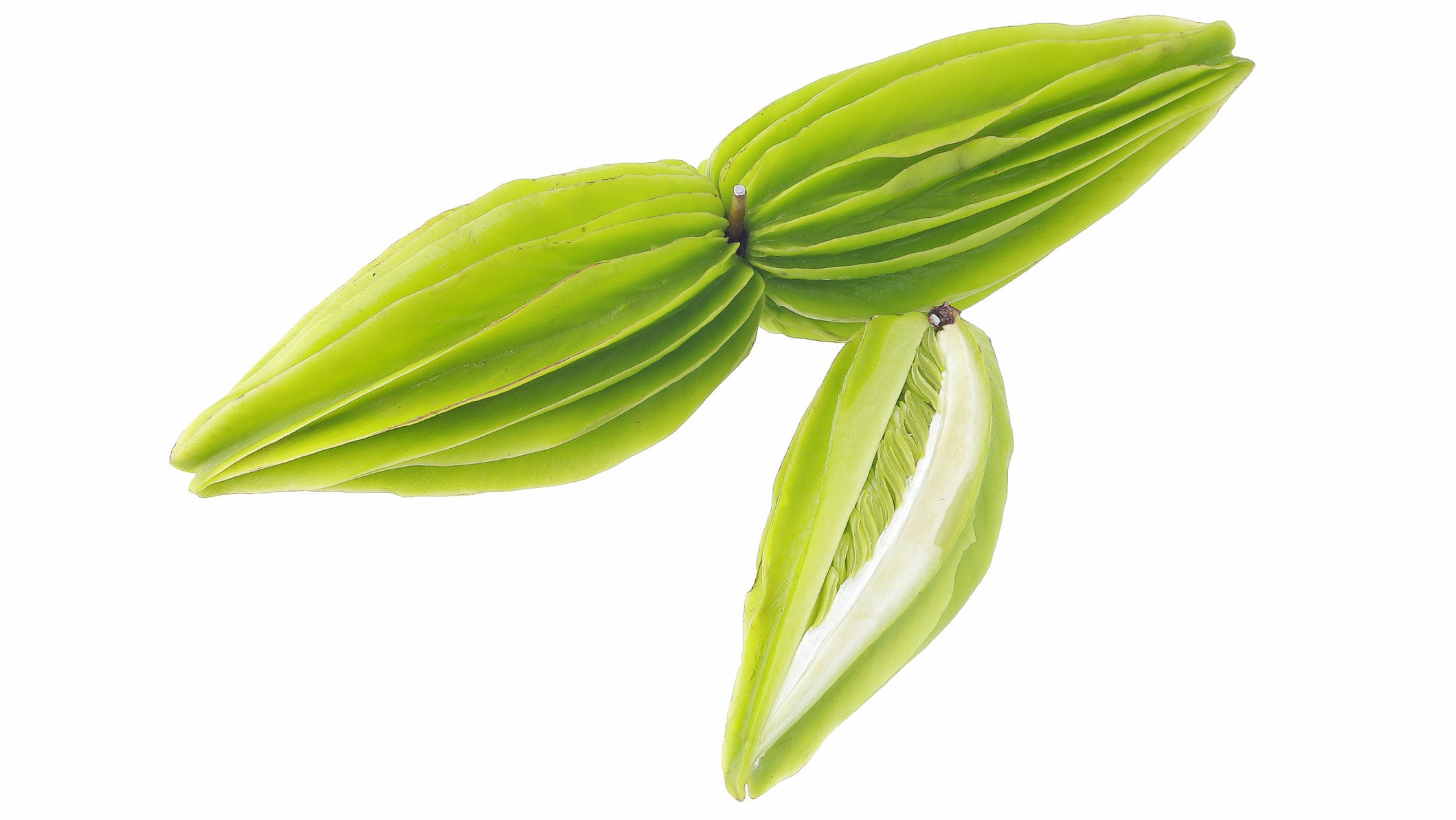The study was funded by The Coca-Cola Company and the Brussels-based trade group, International Sweeteners Association, supported the presentation of results. However, the authors write that the sponsors had no involvement in the study’s design, conduct or data analysis.
While much research in the past has evaluated how drinks sweetened with low-calorie sweeteners fare to sugar-sweetened beverages, relatively few have compared them to water – despite the fact that many national dietary recommendations favour water.
In this randomised clinical trial study, the researchers recruited 166 healthy, non-obese men and women who did not consume sweeteners on a regular basis and tested the impact of a low-calorie sweetened beverage and water on their total energy intake on number of days over a period of nine weeks.
Individuals were given the Coca-Cola Company’s Aquarius LibreOrange, a non-carbonated and caffeine-free drink that is sweetened with acesulfame K, aspartame and sucralose.
As previous research has suggested that sweeteners could promote preferences for sweet taste, leading to a higher consumption of total and added sugars, participants were offered both sweet and savoury options.
'No difference'
Low-calorie sweeteners are favoured by food and drink manufacturers as a way to reduce the sugar content of a product while maintaining similar levels of sweetness and palatability. Scientists in the past have expressed concerns that, since sweeteners provide a sweet taste with no calories, the body may compensate by stimulating appetite to close this calorie gap.
According to the authors of this study, however, there was no compensating for ‘missing’ calories.
“The present results show that this is not the case in human consumers at least not in the current setting,” they wrote. “No differences in energy or food intakes were observed following the ingestion of LCS beverages as compared to mineral water before or after habituation.
“Appetite for sweet foods was not affected by acute or long term LCS exposure. The present data suggest that exposure to LCS does not increase the motivation to gain access to sweet foods."
“The daily consumption of LCS beverages at meal times (3 × 330 mL over two days) by healthy men and women who were infrequent consumers of LCS did not modify their total energy intake compared to the same consumption of water."
They tested for the macronutrients carbohydrates, fat and saturated fat, protein mono and disaccharides and polysaccharides, and found that for most of these there was “no difference” between the lemonade group and water group for most macronutrients.
“Sugar (mono- and disaccharides) intake in the laboratory, however, was significantly decreased under LCS in both men and women,” they added.
They also found “similar ratings” for appetite, shown by hunger, fullness and desire to eat, after exposure to sweeteners over water.
“In conclusion, the present results […] support the notion that low-calorie sweetened (LCS) beverages do not increase total energy intake when compared with water. The evidence shows that the use of LCS in place of sugar, in non-obese adults, leads to reduced appetite for sweet-tasting foods and sugars, suggesting a sensory-specific satiety effect.
“Importantly, the effects are consistent between acute conditions, in LCS-naïve participants, and after habituation to LCS beverages, showing that no adverse response develops over time.”
Longer-term studies are needed to determine the potential benefit to weight management in replacing sugar-sweetened beverages with LCS beverages rather than water, they said.
Source: Food Quality and Preferences
"Beverages containing low energy sweeteners do not differ from water in their effects on appetite, energy intake and food choices in healthy, non-obese French adults"
Available online ahead of print, https://doi.org/10.1016/j.appet.2018.06.036
Authors: Marc Fantino, Agnès Fantino, Marie Matray, Frédéric Mistretta


